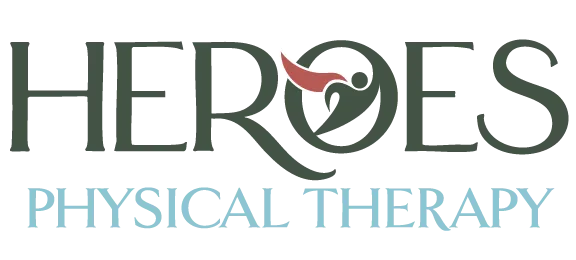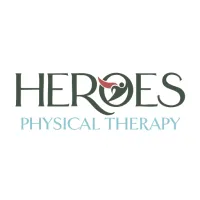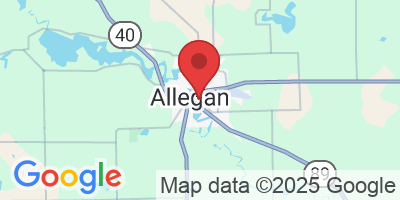Pediatric Therapy for Complex Needs in Allegan, MI
Helping children move forward and helping parents feel confident along the way.
At HEROES Physical Therapy, we provide advanced pediatric physical therapy for children with mobility, sensory, and developmental challenges. Our care is expert-led, family-centered, and built around real results.
Pediatric Therapy for Complex Needs in Allegan, MI
Helping children move forward and helping parents feel confident along the way.
At HEROES Physical Therapy, we provide advanced pediatric physical therapy for children with mobility, sensory, and developmental challenges. Our care is expert-led, family-centered, and built around real results.
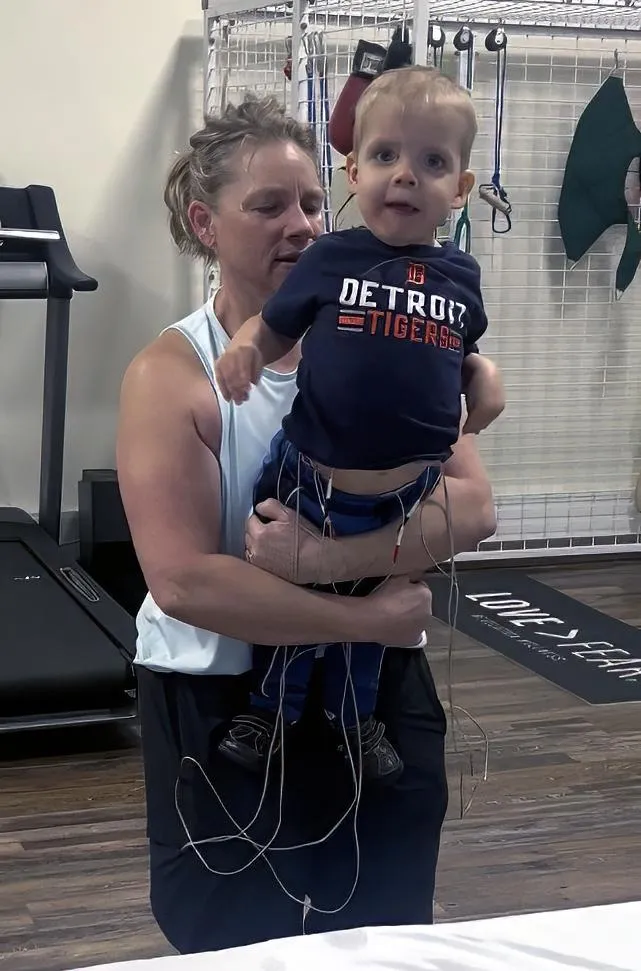
What We Offer
Specialty Pediatric Therapy Built for Progress
We serve children with complex needs using evidence-based, personalized care.
Our clinic supports kids with developmental delays, neuromotor conditions, and sensory integration needs using the most effective tools in pediatric therapy. We’re one of the only clinics in the region offering advanced interventions like:
DMI (Dynamic Movement Intervention)
Universal Exercise Unit (UEU)
TheraSuit Method
Sensory-integrated therapy
Wheelchair and equipment evaluations
Every plan is custom-builtand parents are an essential part of the process.
What We Offer
Specialty Pediatric Therapy Built for Progress
We serve children with complex needs using evidence-based, personalized care.
Our clinic supports kids with developmental delays, neuromotor conditions, and sensory integration needs using the most effective tools in pediatric therapy. We’re one of the only clinics in the region offering advanced interventions like:
DMI (Dynamic Movement Intervention)
Universal Exercise Unit (UEU)
TheraSuit Method
Sensory-integrated therapy
Wheelchair and equipment evaluations
Every plan is custom-builtand parents are an essential part of the process.
Why Families
Choose HEROES
Specialty Pediatric Therapy Built for Progress
We’re built for complexityand grounded in care.
While many clinics offer general therapy, HEROES Physical Therapy was designed specifically for children with more intensive needs.
From advanced certifications to rare equipment, we offer what other providers don’tand back it with experience and compassion.
Why families choose us:
26+ years of clinical expertise
DMI-certified and specialty-trained
Family-inclusive care and coaching
Quiet, calming environment tailored to kids and teens
Real progress, not just routine
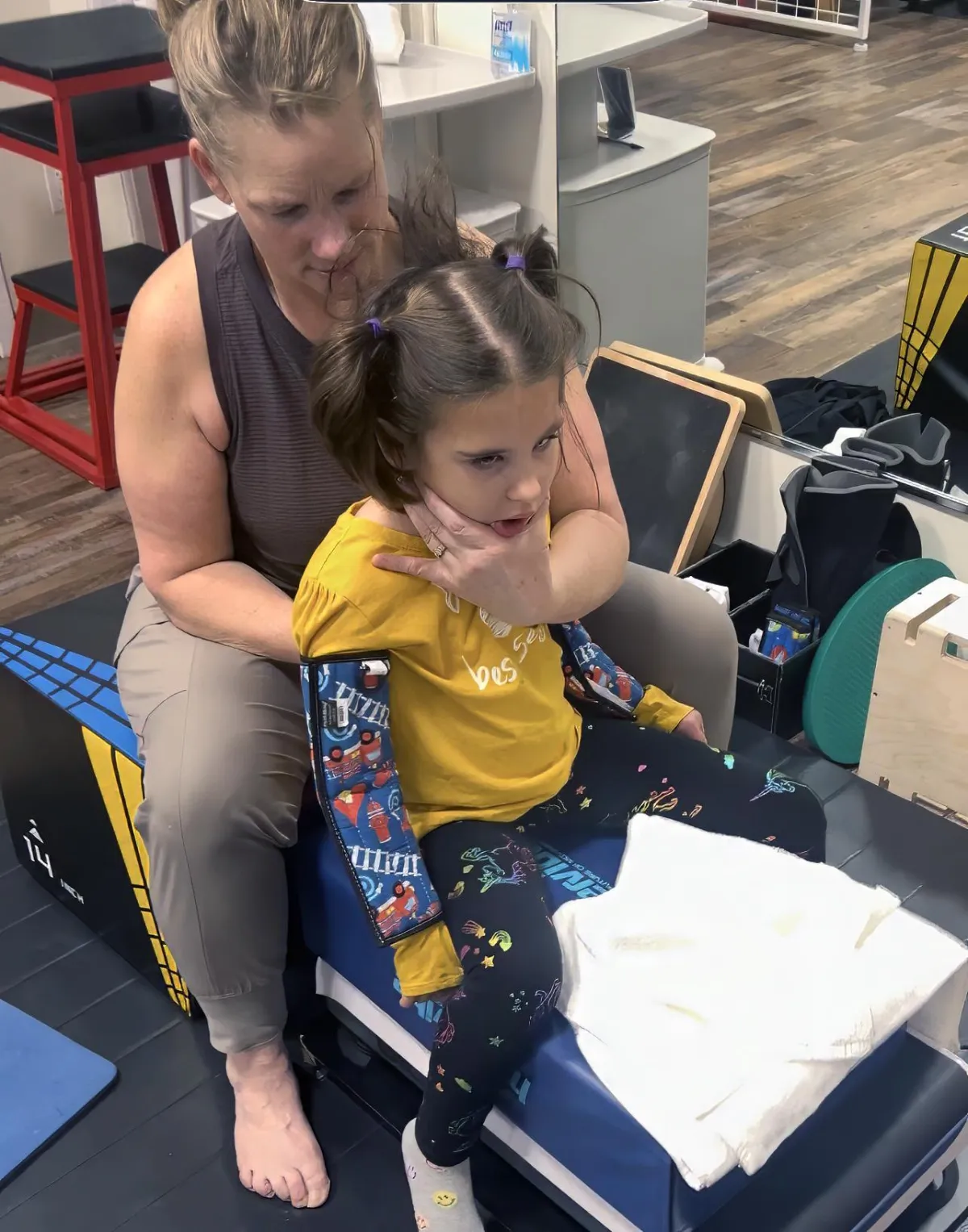
Why Families
Choose HEROES
Specialty Pediatric Therapy Built for Progress
We’re built for complexityand grounded in care.
While many clinics offer general therapy, HEROES Physical Therapy was designed specifically for children with more intensive needs.
From advanced certifications to rare equipment, we offer what other providers don’tand back it with experience and compassion.
Why families choose us:
26+ years of clinical expertise
DMI-certified and specialty-trained
Family-inclusive care and coaching
Quiet, calming environment tailored to kids and teens
Real progress, not just routine

Meet the Team
Skilled. Steady. Committed to Your Child.
Meet the team behind the progress.
Led by Heather DeJonge, PT, our team brings deep expertise and a calm, encouraging presence to every session. We believe in your child’s potentialand in your role as their guide.

Meet the Team
Skilled. Steady. Committed to Your Child.
Meet the team behind the progress.
Led by Heather DeJonge, PT, our team brings deep expertise and a calm, encouraging presence to every session. We believe in your child’s potentialand in your role as their guide.
The HEROES Path Blog
Learn, Support, and Stay Encouraged
Visit The HEROES Path for expert insight, home tips, and stories from the journey.
From articles on advanced therapy tools to real-life family wins, our blog exists to support and empower you because progress doesn’t stop at the clinic doors.

Is My Child Just Delayed or Is Something More Going On?
When your child is growing and changing every day, it can be hard to know what is normal and what might need attention.
Maybe they are not walking yet. Maybe they seem off balance or fall often. Maybe you have a gut feeling that something is just not progressing the way it should. You may wonder: is this just a phase, or is there something deeper going on?
At HEROES Physical Therapy, we talk to parents like you every week. These are thoughtful, observant, deeply loving caregivers who are not looking for a label, but looking for help. This article is for you.

What Developmental Delays Can Look Like
Every child develops on their own timeline, but there are general milestones that help guide expectations. When a child is delayed in reaching certain physical, sensory, or motor milestones, it does not always mean there is a serious condition present. However, it may signal that extra support could make a big difference.
Common early physical milestones include:
Rolling over (by 4–6 months)
Sitting independently (by 6–8 months)
Crawling (by 9–11 months)
Standing or cruising (by 11–13 months)
Walking independently (by 12–15 months)
These ranges are not rigid, but if your child misses multiple milestones or seems to plateau in development, it is worth paying attention.
7 Signs There May Be More Than a Delay
Here are some signs that your child’s physical development might benefit from a deeper look by a pediatric physical therapist:
1. No interest in moving
Some children are simply calm and content. Others avoid movement because it feels hard or uncomfortable. If your baby is not reaching for toys, rolling, or exploring their body in space, that could point to a deeper issue.
2. Skipping crawling
Crawling is not required for every child, but it plays a key role in developing coordination between left and right sides of the body, core strength, and visual tracking. Skipping crawling altogether may suggest underdeveloped motor planning.
3. Stiff or floppy muscle tone
Some children feel very stiff and resist being moved. Others feel extremely floppy or “like a rag doll.” Both can indicate abnormalities in muscle tone that physical therapy is specifically designed to support.
4. Delays paired with sensory concerns
If your child is not meeting motor milestones and also avoids textures, hates being touched, fears movement, or craves intense motion, there may be underlying sensory regulation needs in addition to physical delays.
5. Uneven development
Is your child advanced in speech or social interaction but way behind in physical movement? Discrepancies across domains can point to deeper challenges that are not caused by lack of effort or time.
6. Frequent falls beyond toddler years
All toddlers fall. But if your child continues to fall frequently after age two, struggles to coordinate their movements, or avoids certain tasks due to fear of falling, there may be vestibular or proprioceptive issues at play.
7. Worsening posture or movement over time
Delays are not always static. If your child’s balance, walking pattern, or head and trunk control seem to be getting worse rather than improving, it is time for a full evaluation.
What Causes Developmental Delays?
There are many possible reasons a child may experience delays in physical development. Some are structural (muscle weakness, joint instability, neurological conditions), while others are sensory, behavioral, or adaptive. Common contributing factors include:
Cerebral palsy
Genetic or chromosomal conditions
Premature birth
Low or high muscle tone
Undiagnosed neurological conditions
Sensory processing disorder
Lack of opportunity for movement (often due to medical complexity or prolonged equipment use)
You do not need a diagnosis to seek help. Pediatric physical therapy is often the first step in discovering what your child truly needs and how they can grow beyond what is currently holding them back.
What If It’s “Just a Delay”?
That is still good information to have. When we evaluate children at HEROES Physical Therapy, we are not looking to assign a label. We are looking to understand each child’s unique developmental pattern, strengths, and needs. Sometimes we find that no formal therapy is needed. Other times, a brief burst of therapy provides just the boost a child needs to get back on track.
There is no harm in asking. But there can be real missed opportunities when parents are told to wait and see without guidance.
Early Intervention Makes a Difference
Pediatric therapy is most effective during early childhood, when the brain and body are still forming new pathways quickly. This period of high plasticity allows therapists to make significant gains in a relatively short period.
What early therapy supports:
Core strength and posture
Movement coordination and motor planning
Brain-body connection
Sensory processing
Confidence and independence
Family understanding and empowerment
Waiting too long can result in patterns becoming more ingrained, self-confidence dropping, or muscles becoming weaker. A delay in support often leads to a longer timeline of intervention later.
What a HEROES Evaluation Looks Like
We know the word “evaluation” can feel intimidating. At HEROES, we keep it warm, calm, and supportive. Here is what to expect:
A full developmental history
Observations of posture, strength, balance, and coordination
Play-based assessment that feels like exploration
Gentle handling (no forcing or rushing)
Immediate conversation with you about what we see and recommend
A plan of care if therapy is indicated
A chance to ask every question you have
Our evaluations are always caregiver-inclusive. You are never left in the dark. You are a critical part of your child’s growth and we make sure you feel like it.

How to Decide If You Should Reach Out
You might still be wondering if your child “qualifies” for therapy. But here is the truth: if you are asking the question, it is worth calling. You do not need a doctor’s referral to reach out. You do not need to wait until things get worse.
Therapy is not just for kids with a diagnosis. It is for any child who needs support in movement, coordination, or confidence.
At HEROES Physical Therapy, we are here to walk with you as you figure it out. We will never pressure you. We will never rush your child. But we will always be honest about what we see and how we can help.
To learn more, visit heroespt.com.
What Parents Are Saying
Real Results. Real Trust.
We’ve helped families across Allegan and beyondhere’s what they’re saying:
Ready to Get Started?
The Right Therapy Can Change Everything
Call or text today to ask questions or schedule an evaluation.
Whether your child needs support with mobility, equipment, or sensory integration HEROES Physical Therapy is ready to walk with you.

HEROES Physical Therapy
104 Locust St. Allegan, MI 49010
Fax: 269-993-3918
